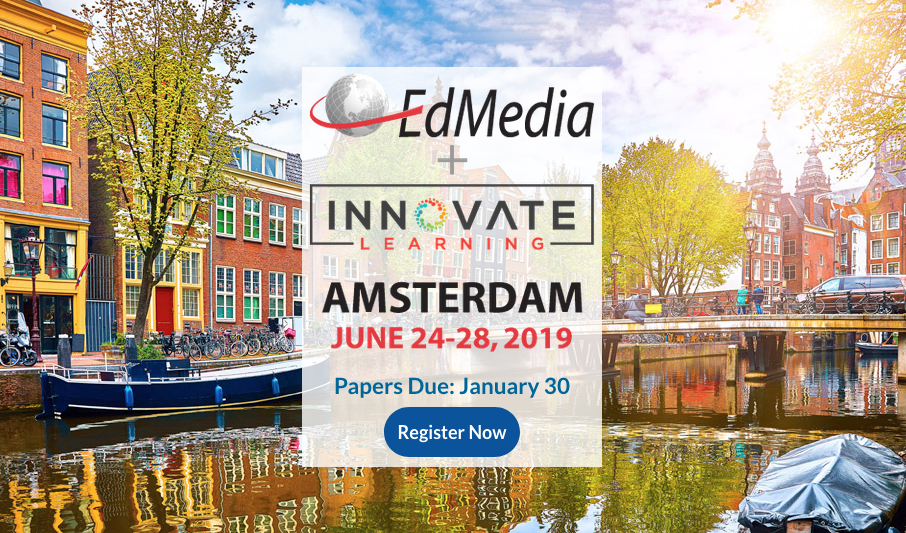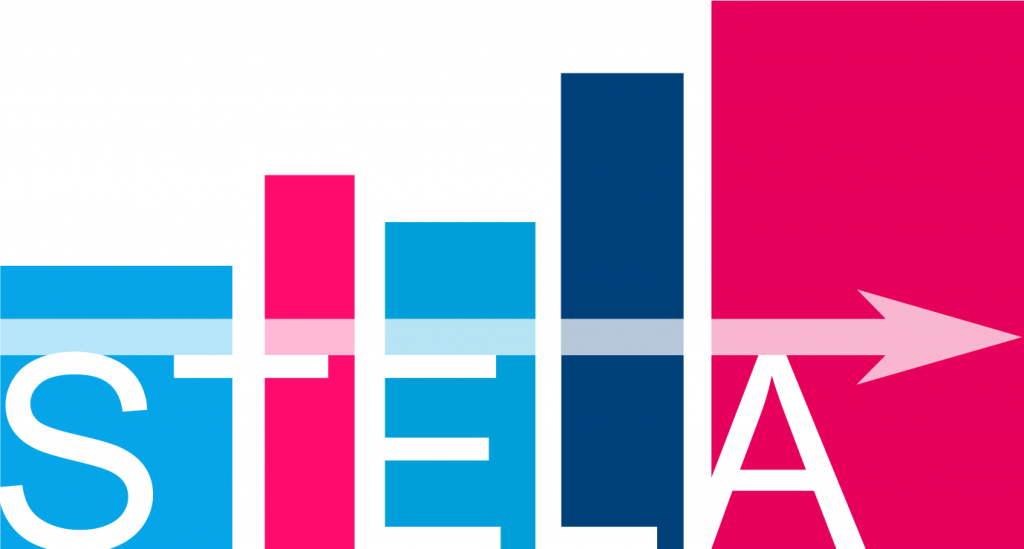We would like to call for you contribution to a call for „Positioning Artificial Intelligence in Education –Evidence and Reflections„. We would like to do a special issue for the International Journal of Learning Analytics and Artificial Intelligence for Education (iJAI).
Due to recent technological advancements, artificial intelligence (AI) has received increased attention and has been adopted to many sectors and fields, thus, producing a profound impact. Given the rapid advancement of AI, it is expected that AI will continue to develop, integrate deeper and in many different sectors. Although the application of AI in the educational sector has been the subject of research for more than 30 years, a renewed and enforced interest in AI in education can be documented through the themes of scientific conferences, workshops and research papers, as well as how the Edtech industry is increasing efforts to integrate AI in educational applications. Indeed, this development is not unexpected considering that AI is associated with potentials of more personalized, adaptive and inclusive learning, and with empowered teachers and advanced learning environments. This Special Issue aims at highlighting contemporary research that covers AI in education. We are looking forward to receive both theoretical and empirical papers that provide readers with a better understanding of the theoretical discussions that are currently taking place, the empirical studies that are conducted, and the AI applications and systems that are developed
Submission of full paper: December 10, 2019
Find here the „Call for Paper“ with all details.



